|
No. 1: The Oscar-winning director was fired from the movie Training Day
Q&A's with filmmakers can be great things -- especially when they're the in-depth kind, as with the ongoing IDA Conversation Series. You get to learn interesting things about the making of documentaries -- and a sense of what a director is like as a person. The latest in the IDA series -- hosted by TCM's Ben Mankiewicz -- was a conversation with Davis Guggenheim. He was not at all what I expected. I feel embarrassed to confess my prejudice going in but I kind of assumed because he's married to a Hollywood star (Elisabeth Shue) he would be a bit precious and self-important.
But hearing Guggenheim Wednesday night I discovered he's warm, thoughtful, candid and surprisingly accepting of criticism.
Mankiewicz told the audience at the Academy's Linwood Dunn Theater in Hollywood that he and Guggenheim talked in advance and the latter urged him not to pull punches. "He was really adamant [about that]," Mankiewicz said. "[He told me], 'I don’t want to know [the questions beforehand]. Hit me hard.'"
Those instructions set the stage for an informative interview in which we learned many fascinating things. Here are my top six:
No. 1: He was fired as the director of Training Day Mankiewicz asked Guggenheim if he had hesitated to get into documentary filmmaking because his father, Charles Guggenheim, had won several Oscars for directing non-fiction films. "I drove my Volkswagen Jetta to LA in 1988 with the sole determination never to make documentaries," Guggenheim said. "I never thought that I could get outside of his shadow that he cast." He pursued a career in narrative films instead, and seemed on the verge of a big break with a major studio project.
"[I] was going to direct the movie Training Day," Guggenheim recounted. "It was set up at Warner Bros. and I really wanted Denzel Washington to play the part [of Alonzo Harris], against the studio’s best arguments against it. And I finally convinced them [Warner Bros.] to do it after months of wrangling. On a Friday we offered it to him [Washington]. On Monday he said yes. And on Tuesday he fired me."
He added, "I still haven’t met Denzel Washington. But I was heartbroken and sort of disillusioned because all of the people I’d been working with up until that point I thought were pretty decent people and they turned out to be not -- it wasn’t just him, it was the people who I had been working with at the studio. And I went into a deep pit of personal despair." Antoine Fuqua replaced Guggenheim as director. Washington went on to win the Academy Award for his performance. No. 2: Pick yourself up, dust yourself off How did Guggenheim get past his Training Day funk? "I was looking for something to give my life meaning after being fired from that movie," Guggenheim said. He decided, "I want to make movies about people I like." He bought himself a Hi-8 camera and then set about making his first documentary, The First Year, about a group of idealistic young teachers in Los Angeles.
Of making the film, Guggenheim said, "I didn’t know what I was doing. I was learning on the job."
No. 3: Revenge of the teachers' unions With The First Year Guggenheim demonstrated an interest and commitment to exploring public education. He returned to that subject matter with the 2010 documentary Waiting for Superman. "You got significant backlash for this movie," Mankiewicz noted, a fact which Guggenheim readily acknowledged. "Among other things [the film] criticized the teachers unions. And in our progressive world you’re not allowed to do that," Guggenheim said.
"There was a well-documented, concerted effort by the AFT [American Federation of Teachers] to frame the movie as anti-teacher. Not anti-union -- anti-teacher. And we couldn’t get that stink off of us," Guggenheim said. "It was heartbreaking. You want people to understand your film in one way and it is misunderstood in other ways. What I say is, 'What should I have done differently? Could I have fixed that?'”
Guggenheim said he came to realize a vital point in the film did not register sufficiently with audiences. "I wanted people to understand a subtle idea that I don’t think they understood, when I look back on this movie," he said. "You have to hold two complex ideas in your head -- one is that teachers are national treasures. They do amazing things every day. Their union -- which is different -- can often be an impediment to reform... In the movie we put that [idea] in a very key place and you expect the audience to make that [distinction]. And they didn’t make that [distinction]. That was a huge revelation for me years later." No. 4: If you want to get to know the real Al Gore, ditch the cameras Guggenheim is best known, of course, for his 2006 Oscar-winning documentary An Inconvenient Truth, which focused on Vice President Al Gore's attempts to warn the world about the dangers of climate change. It was based on a slide show Gore had been giving around the country, often to college audiences. "Laurie David and Lawrence Bender were the producers of that movie. And they pitched me the movie: 'Al Gore gives this great slide show.' And I said, 'This is a terrible idea,'" Guggenheim remembered. But at the producers' insistence, he attended one of Gore's presentations. "By the end of that slide show I was taken. And I said, 'I have to make this.'"
But Guggenheim faced the formidable challenge of humanizing Gore, who could seem -- in a word -- wooden.
"I think I did roughly 15 interviews with him... And the first 10 are not in the movie," Guggenheim recalled. Finding it difficult to break through to the unguarded Gore, he settled on an idea. "I said, 'Let’s go to your hotel.' He was [staying] in the Presidential Suite at Shutters [in Santa Monica]. The irony of that was heavy. I go, 'No camera crew. No one else in the room. Just you and me. You can wear sweats and we’ll just talk.'" No cameras -- but Guggenheim did record the audio. "For the first time we had this really intense, intimate conversation. And that was the breakthrough of the movie, to take the cameras out of the room," he said. "The challenge was how do I get inside, how do I help him [Gore] express himself in a way that he himself could not express [on his own]." Guggenheim said most of what we hear Gore say in the film comes from audiotaped conversations -- not from on-camera interviews. No. 5: Struggling to tell the story of Malala Yousafzai made him 'miserable' Guggenheim's latest film,He Named Me Malala, is now in theaters [in fact it's been the number one documentary at the box office the last two weeks]. He embarked on the film -- about Malala Yousafzai, who was nearly assassinated by the Taliban in her native Pakistan for advocating girls' education -- well before she received the Nobel Peace Prize for her work. Guggenheim had made more than a half dozen documentaries by the time he began He Named Me Malala, but he said nailing down the right narrative approach for this film proved a major conundrum. "If you talk to my wife she’ll say there’s a six-month period where we were editing this where I was the most miserable she’s ever seen me because for maybe 10 versions of the movie it was not working. The movie did not work."
No. 6: The hair is real and it's spectacular
Guggenheim said he found Malala and her father, Ziauddin Yousafzai, charming. "They were open right away. I was more closed than they were, weirdly. I’ve never quite admitted that... They were lovely, open, irreverent, fantastic," he said, adding, "Her father came up to me the third day [of filming] and said, 'Can I touch your hair? This -- it is real?' It’s a testament to them being such lovely, open people." Guggenheim assured the audience of his hair, "It is real. It is real." That prompted Mankiewicz, who sports an impressive chevelure himself, to observe, "This is only time I’ve done one of these conversations where the hair is in my league." To which Guggenheim graciously responded, "I was admiring your hair."
|
AuthorMatthew Carey is a documentary filmmaker and journalist. His work has appeared on Deadline.com, CNN, CNN.com, TheWrap.com, NBCNews.com and in Documentary magazine. |
- Home
- News
- Videos
-
Galleries
- 2019 Tribeca Film Festival
- Full Frame Documentary Film Festival
- 2019 SXSW Film Festival
- SXSW 2018 Gallery
- 2019 Sundance Film Festival
- Outfest 2018 Photo Gallery
- Outfest 2017
- Sundance 2018 Photos
- 2017 LA Film Festival
- 2017 Cannes Film Festival
- Tribeca Film Festival 2017
- SXSW 2017 Gallery
- 2017 Berlin Film Festival
- Sundance 2017 Gallery
- 2016 Los Angeles Film Festival
- Cannes Film Festival 2016
- SXSW 2016 Gallery
- Berlinale 2016 Gallery
- Sundance 2016 Gallery
- Filmmaker Gallery
- About
- Contact
Proudly powered by Weebly
- Home
- News
- Videos
-
Galleries
- 2019 Tribeca Film Festival
- Full Frame Documentary Film Festival
- 2019 SXSW Film Festival
- SXSW 2018 Gallery
- 2019 Sundance Film Festival
- Outfest 2018 Photo Gallery
- Outfest 2017
- Sundance 2018 Photos
- 2017 LA Film Festival
- 2017 Cannes Film Festival
- Tribeca Film Festival 2017
- SXSW 2017 Gallery
- 2017 Berlin Film Festival
- Sundance 2017 Gallery
- 2016 Los Angeles Film Festival
- Cannes Film Festival 2016
- SXSW 2016 Gallery
- Berlinale 2016 Gallery
- Sundance 2016 Gallery
- Filmmaker Gallery
- About
- Contact

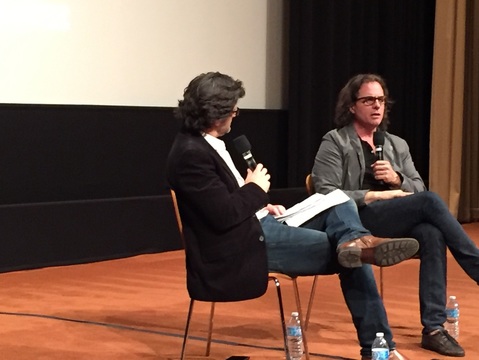
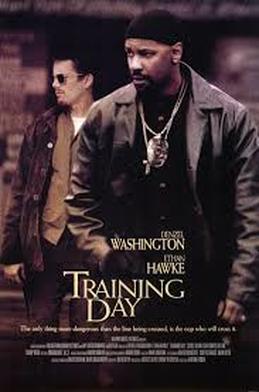
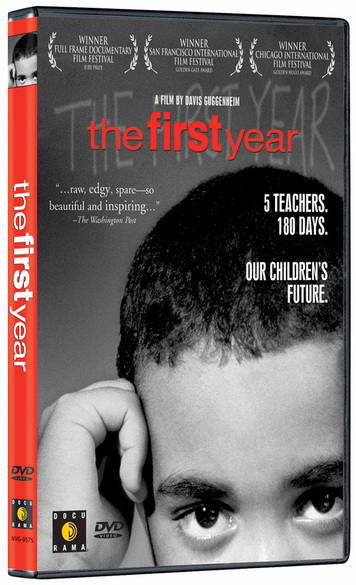
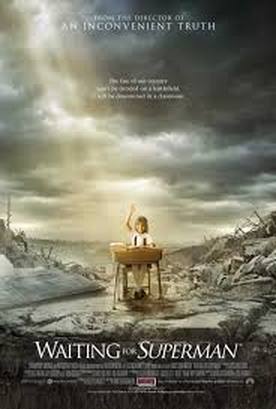
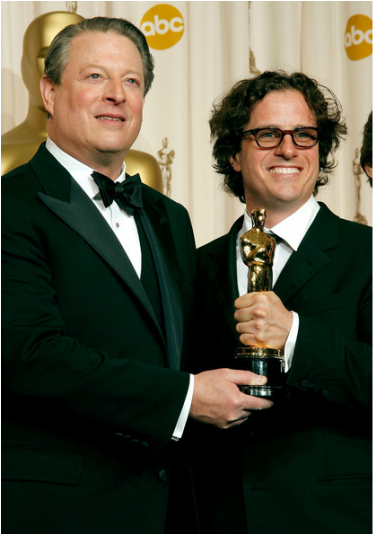
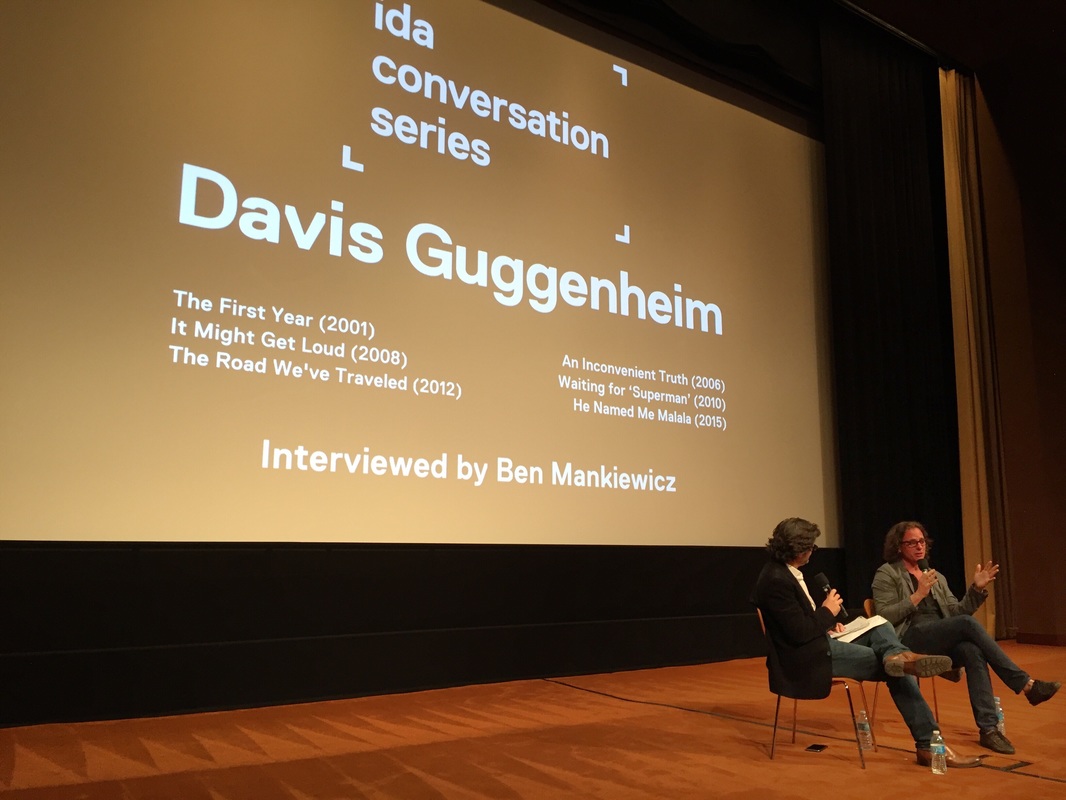
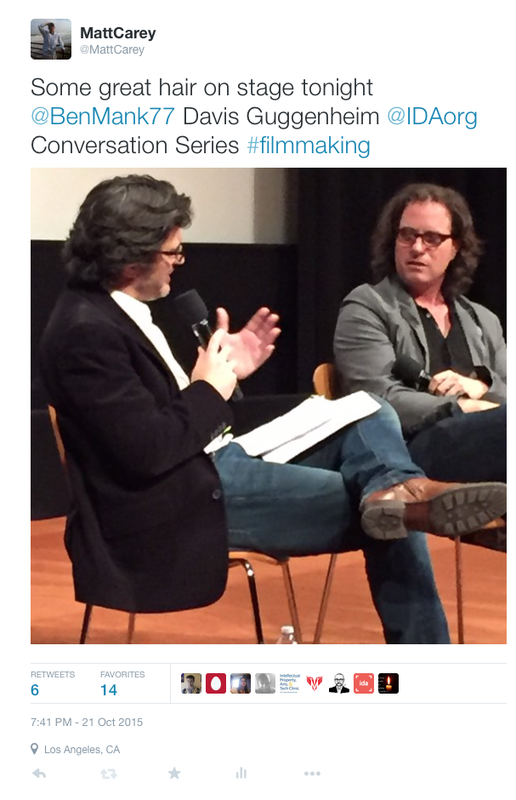
 RSS Feed
RSS Feed